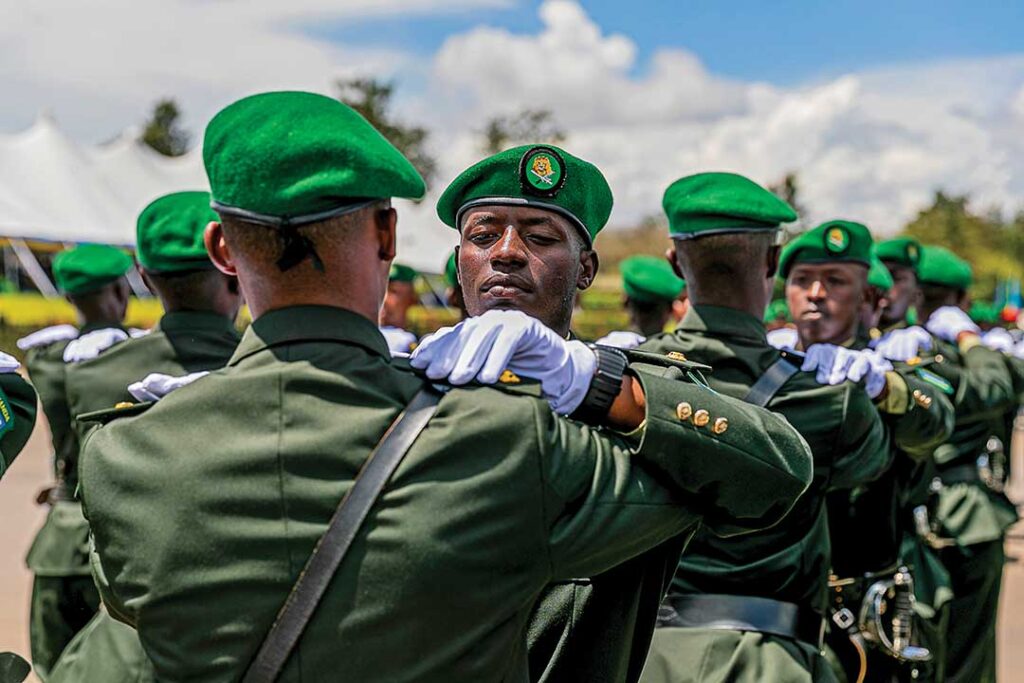U.S. Africa Command Staff
Military intervention in politics has left a damaging legacy in Africa.
Between 1960 and 2000 there were an average of four coup attempts per year on the continent. In many cases, these armed takeovers were catastrophic for the countries involved. They produced decades of poor governance, insecurity and economic decline.
Fortunately, coups are becoming rarer. There were only two coup attempts per year on average during the past two decades. Most modern coups have failed, and those that have succeeded have been forced to cede power swiftly to civilian governments.
But coups persist in certain countries. Mali, for example, has endured three successful coups in the past decade. This turmoil has left the country unstable and a haven for extremist groups.
So, what can be done?
The best safeguards against coups are a culture of military professionalism and an institutional belief in civilian control. These take years to achieve but result in enduring safety and stability.
Lessons from across the continent offer hopeful signs. In the post-independence years, Ghana was one of the most coup-prone countries in the world. Through reforms to the military in the 1980s that emphasized discipline, individual responsibility and career-long education, Ghana has become a thriving democracy.
Sierra Leone endured a brutal 11-year civil war that left its Armed Forces decimated and mistrusted by the public in the early 1990s. A thorough security sector reform process has turned Sierra Leone from a country dependent on foreign peacekeepers to a country that sends peacekeepers abroad to assist countries in need.
Finally, lessons can be drawn from countries where militaries support democratic transitions. In Tunisia during the 2010 Arab Spring uprisings, the military kept peace in the streets as protesters demanded change. The military also resisted pressure to intervene on behalf of the regime. Although Tunisia’s democracy remains fragile, the military was praised for its actions during a dangerous time for the country.
Professionalism takes many forms, but one thing has remained constant through the years: Militaries that support democracy by remaining apolitical help put their nations on the path to peace.

